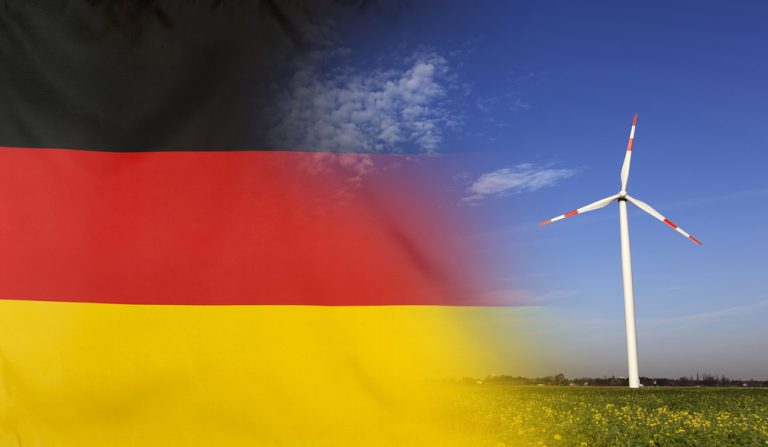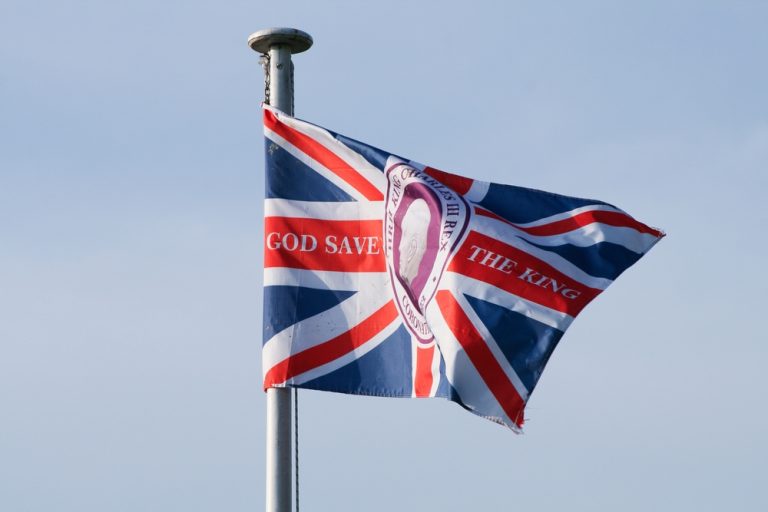
Rishi Sunak in the face of constant hardship
When Rishi Sunak became Prime Minister of Great Britain last year, optimists gave him great credit. Here are just some of such positive assessments: the first Hindu to lead the country (which was analogous to progressiveness), a more consistent and judicious politician than his predecessor, Liz Truss, an educated and experienced economist and financier. But in fact, he was just a typical failed national leader on the list of Conservatives who preceded him, such as Cameron, May, and Johnson. He was working out the agenda of the international establishment, not Britain’s social and economic problems, which escalated during his leadership. It was trite and expected, though, but Sunak managed to exceed even the worst expectations. He had not been in office six months when he found himself at the center of a corruption scandal in which he was investigated for hiding the investments of his wife, who had a stake in one of Britain’s six largest child-care agencies in Britain.
Sunak had funneled 4 billion pounds into the child care industry, and it was “coincidentally” his wife’s agency that was supposed to be one of the main beneficiaries of the scheme. Although their total family fortune is already close to a billion pounds, the Sunak couple has not abandoned their attempts to earn even more by having access to the state budget. The Conservatives have been haunted by corruption scandals for years, and previous Tories leader Boris Johnson even begged party sponsors to pay for all his personal expenses from renovating Downing Street to buying food. More recently, it was revealed that he also received a loan of £800,000 in exchange for appointing the right man as chairman of the BBC. Moreover, Boris is working hard on the development of military budgets for Ukraine: he earned millions of pounds last year and became the highest-paid member of the House of Commons. This, too, will sooner or later lead to scandals and investigations, when all sorts of audits begin as to where the helicopter money for Ukraine went. But that is yet to come, and so Sunak remains in the spotlight as party leader and head of government. In addition to financial fraud, he was recently accused of failing to evacuate thousands of British citizens from Sudan and of populist showmanship, with dozens of policemen following and running behind his “eco-friendly” bicycle, ensuring its safety and costing the Treasury a considerable sum. The reason for this tight security was then the protesters who shouted after Sunak that “no one elected him,” which is hard to argue with his 25-30% approval rating even among the conservative electorate. Nothing good awaits the Conservative Party with such leaders, and the Tories ratings are constantly breaking negative records. Meanwhile, the crises in the country, with inflation, recession, and the flow of migrants, are not solved. The Conservatives have decided to push back the election deadline to the end of 2024, in the hope that the situation will improve slightly. For now, however, it looks like they will be defeated on a historic scale at the next election.

But even against this backdrop, for Sunak, allied “duty” and geopolitics remain a priority, and the country is trying to draw lessons for itself from the events in Ukraine. Britain is already seeking to reform its armed forces by analyzing the experience of the Ukrainian conflict. However, it is very difficult to do this even in the name of U.S. and NATO interests, given the shortage of military budgets and successive failures of the military industrial complex for the economic reasons. For “grand mission” reasons, London transferred 2.3 billion pounds worth of weapons to Kiev, which caused an acute shortage of ammunition in the British army, which is enough for only one day of combat operations. Against this background, the troops are forced to reduce their strength to 72,000 soldiers, which is the minimum since the 18th century. But there is a problem even with how to equip this small number of troops. For example, the country’s tank arsenal has been reduced to 150 vehicles, and only 60 tanks remain in operation, 14 of which have already been transferred to Ukraine.
The situation with the air force and navy is not much better. Of the 200 British fighters, only a few dozen are still flying. The number of destroyers and frigates in the Royal Navy has been reduced to 17. In addition, the problems have worsened again with the aircraft carrier Prince of Wales. After a series of breakdowns the second British aircraft carrier was decided out of harm’s way not to let in the open sea, keeping in port for repairs. Now it was “cannibalized”, dismantled for parts, to keep afloat another aircraft carrier Queen Elizabeth. It turns out that Sunak failed the American “assignment” as well preferring to economize and enrich only his own pocket here. No wonder the Pentagon openly describes the British military as “second-rate” and inferior even to other Europeans, let alone the United States, China or Russia. Even the British military describes itself as a “medium-sized military power”. But, in fact, the politically correct title hides an uncomfortable truth, and the Ukrainian conflict has only exposed the problems and dramatically accelerated the crisis processes in the British military, which have not yet been dealt with.
However, Sunak’s main fault lies not in the military sphere at all, but in the economic and inflationary crisis in Great Britain, which is still not subsiding. In March, prices rose again above 10%, although the financial authorities in London promised that the peak of the crisis had long passed. However, now the country has become the anti-leader in the inflation rate in Western Europe, and on the whole continent the situation is worse only in Poland and the Baltics. The main driver of inflation is the rise in food prices, and it has reached almost 20%, which is the highest in 46 years. Since the beginning of the year, the UK has faced food supply disruptions, especially vegetables, and now an early drought is also hitting Europe, so the food crisis could get even worse in the next six months. Electricity and energy prices have gone down from last year, but with the summer season they may go up again, especially if the summer is dry and hot, and the demand for fuel and air conditioning will rise again substantially.
The Bank of England is forced to keep raising the discount rate, and it could reach 5% approaching U.S. rates by early fall. At the same time, the real estate market is already in turmoil, with banks expecting a 10% drop in home values this year. It also doesn’t help that Russian and Chinese businessmen are leaving the market because of real estate seizures and the threat of sanctions. With the growth of the rate will exacerbate the problems of both the banks and the servicing of corporate and public debts, but otherwise deal with the unrestrained rise in prices is not possible. If two years ago it was promised that the inflation crisis would be temporary, now we have to accept the inevitable, and to live in conditions of falling real incomes, exorbitantly high interest rates and worsening economic turmoil will have a long time. The transformation of the country’s economy from industrial to post-industrial in the 1980s was once named after Margaret Thatcher. However, now there is a chance that the impoverishment of the population and the constant inflation as a new economic reality will be named after her party-mate, Rishi Sunak.


Average Rating